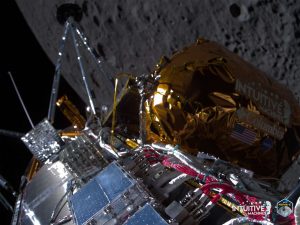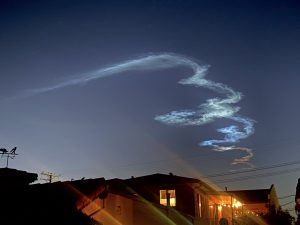South Korea will likely be testing their first-ever domestically produced space launch vehicle next week. This marks a massive step toward kickstarting the country’s space programme.
If the test is successful, the Korea Aerospace Research Institute (KARI) designed three-stage NURI rocket will carry a dummy satellite into space on Thursday.
Also Read | Star Trek to Space: William Shatner confirmed as New Shepard passenger
“Having its own launch vehicle gives a country the flexibility of payload types and launch schedule,” Han Sang-yeop, director of KARI’s Launcher Reliability Safety Quality Assurance Division told Reuters in an email.
“It also gives the country more control over “confidential payloads” it may want to send into orbit,” he added.
Also Read | Common cause of mankind: China renews space cooperation vow
NURI is also a step towards building Korean satellite-based navigation system and a 6G communications network. “The program is designed not only to support government projects, but also commercial activity,” Oh Seung-hyub, director of the Launcher Propulsion System Development Division, told a briefing on Tuesday.
Also Read | Those who don’t pay taxes are shooting themselves into space: Elizabeth Warren
While the country is all prepared for the launch, the schedule may change at the last minute if weather or technical problems arise. According to pre-launch briefing slides, “the rocket’s planned path will take it southeast from its launch site on the south coast of the Korean peninsula, threading its way over the ocean on a trajectory aimed at avoiding flying over Japan, Indonesia, the Philippines, and other major land masses.”
“This upcoming launch may be remembered as the hope and achievement of Korean rocketry historically no matter the launch is successful or not,” Han told Reuters.
“Modern rocketry in Korea couldn’t devote its capability much in R&D of rockets because of long-standing political issues,” Han said.
“North Korea, of course, will not look favourably on South Korea’s rapidly advancing space capabilities, which are far more technologically advanced than those possessed by the North,” said James Clay Moltz, a space systems expert at the U.S. Naval Postgraduate School.






